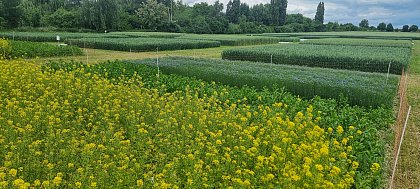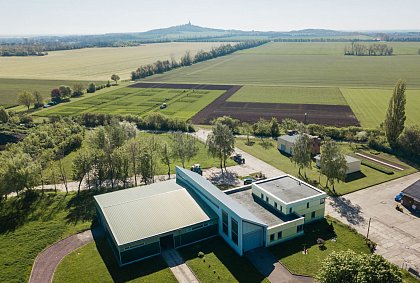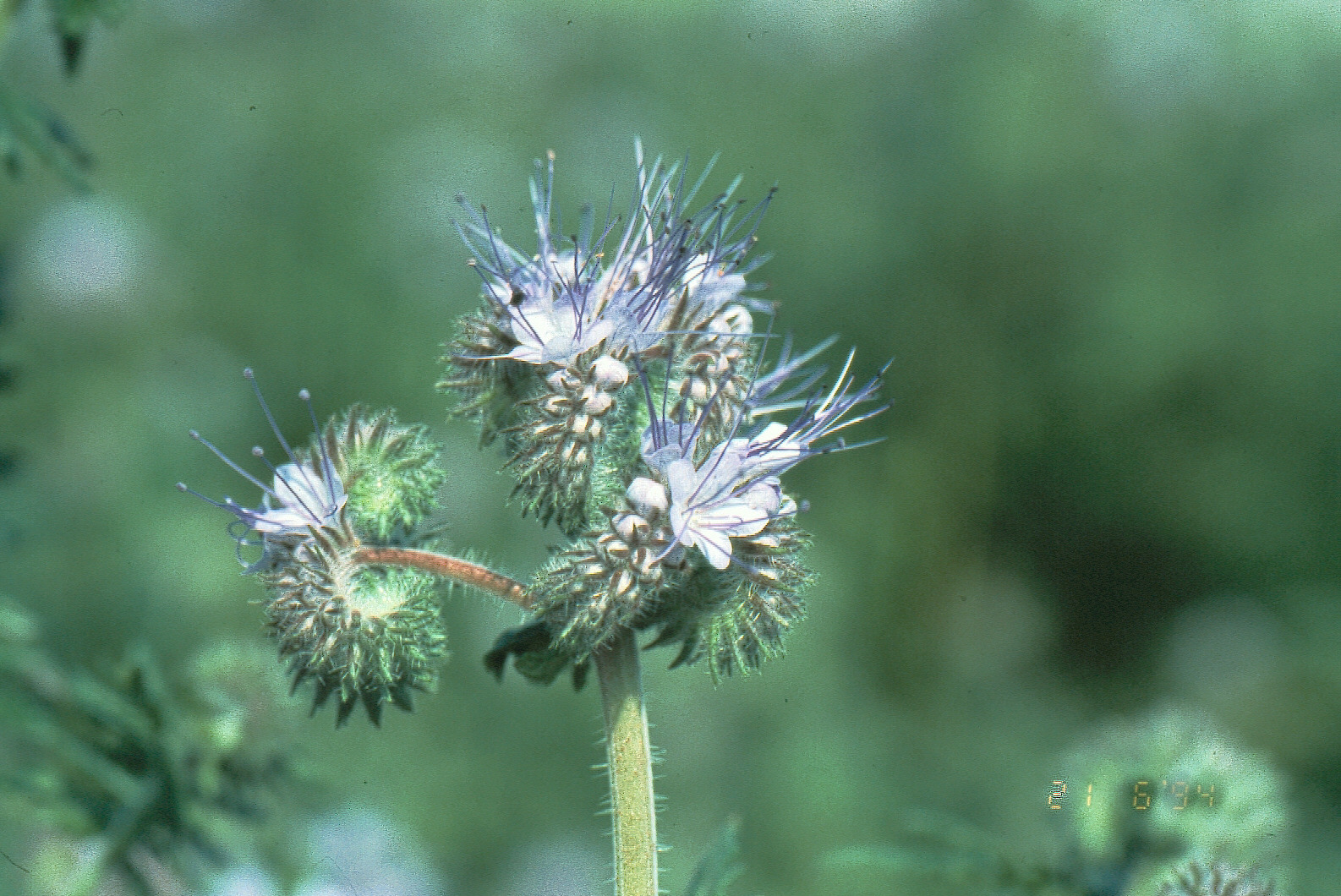
Links
Kontakt
Wissenschaftliche Leitung:
Dr. Thomas Reitz
Telefon: 0345-55 22763
Telefon: 0173-5778996
thomas.reitz@landw.uni-hall...
Technische Leitung:
Dipl.-Ing. agr. Bernd Look
Telefon: 0345-55 22971
Telefon: 0151-161 63492
bernd.look@landw.uni-halle.de
Sekretariat:
Anna Leuteritz
Telefon: 0345-55 22761
anna.leuteritz@landw.uni-ha...
Feldversuchswesen
Das Feldversuchswesen ist eine zentrale wissenschaftliche Einrichtung des IAEW an den Standorten Halle und Merbitz, die sich der pflanzenbaulichen Forschung im konventionellen und ökologischen Landbau unter praxisnahen Bedingungen widmet.
Schwerpunkte liegen dabei auf dem Aufbau, der Pflege und Auswertung von Feldversuchen zu aktuellen agrarwissenschaftlichen Fragestellungen mit dem Ziel, innovative Anbausysteme, nachhaltige Bewirtschaftungsstrategien und pflanzenbauliche Anpassungen an den Klimawandel zu entwickeln und zu evaluieren.
Ein weiterer Schwerpunkt liegt auf dem Erhalt und der Nutzung von Dauerversuchen, die einzigartige Erkenntnisse zu den langfristigen Effekten agrarischer Maßnahmen auf Boden, Ertrag und Umwelt liefern. Hierzu wurde auch eine Forschungsplattform für bestehende und geplante Dauerversuche implementiert (→ LTE-Hub Halle).
Darüber hinaus spielt das Feldversuchswesen eine wichtige Rolle in der universitären Lehre: Sie bietet Studierenden die Möglichkeit, praxisnahe Einblicke in die Versuchsfeldarbeit zu gewinnen, an aktuellen Forschungsprojekten mitzuwirken und eigene Abschlussarbeiten in einem realen agrarwissenschaftlichen Kontext zu verfassen.
Das Feldversuchswesen verbindet damit Forschung, Lehre und Wissenstransfer auf einzigartige Weise.
Standort Halle (Julius-Kühn Versuchsfeld)
Koordinaten: 51° 28′ 58,44„ N, 11° 58′ 9,48“ E
Gründung: 1866
Landwirtschaftliche Nutzfläche: 32,3 ha
- Ewiger Roggen – seit 1878
- Dauerdüngeversuche Ca, K, P – seit 1949
- Pflanzenzüchtung: Bereitstellung homogener Flächen in der Fruchtfolge (ab 2025): Luzerne–Luzerne–Winterweizen–Winterraps–Versuchsfeld für die Züchtung
- Demoparzellen verschiedener Kulturen für die Lehre
- Obstplantage
- Lehrbienenstand
- Bodenprofil
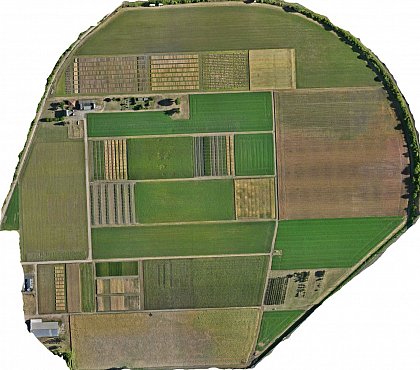
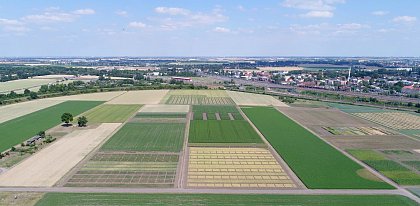
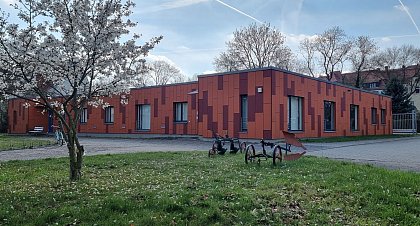
Standort Merbitz
Gründung: 2013
Landwirtschaftliche Nutzfläche: 16,7 ha
- Pflanzenbauliche Anpassungen an den Klimawandel (z. B. optimierte Fruchtfolgen, neue wassereffiziente Fruchtarten, gezielter Einsatz von Zwischenfrüchten)
- Entwicklung ressourceneffizienter und nachhaltiger Pflanzenbausysteme im konventionellen und ökologischen Landbau
